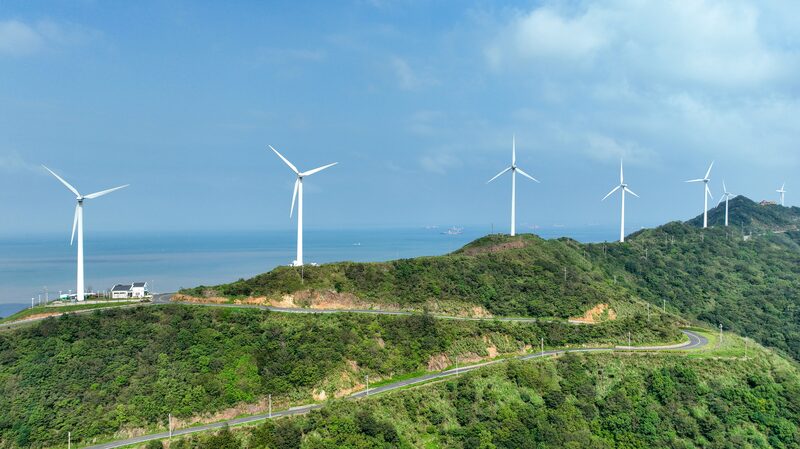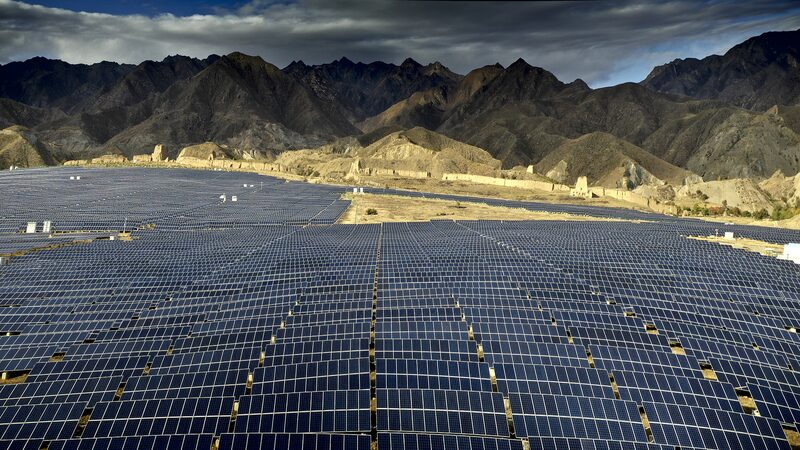China’s Energy Evolution: 75 Years of Growth and Green Transformation
Over the past 75 years, China has transformed from a modest energy consumer to the world’s largest energy producer, marking a remarkable journey of growth and innovation. Recent data from the National Bureau of Statistics highlights this evolution, showcasing China’s commitment to a green and low-carbon future.
In 2023, China’s total primary energy output reached an astounding 4.83 billion tonnes of standard coal, a 202.6-fold increase since 1949. This exponential growth, averaging 7.4 percent annually, underscores China’s rapid industrialization and development.
Since 2012, China has been undergoing a significant energy transformation. The country is shifting its focus from traditional energy sources to new and renewable forms of energy. This shift is evident in the decreasing reliance on coal and crude oil. In 2023, coal’s share in primary energy production decreased to 66.6 percent, while crude oil fell to 6.2 percent.
Simultaneously, clean energy sources are gaining momentum. Natural gas, hydropower, nuclear power, and new energy forms now account for 27.2 percent of China’s energy production. This diversification reflects China’s efforts to reduce emissions and combat climate change.
Energy consumption has also seen substantial growth. From a modest 50 million tonnes of standard coal in 1953, consumption soared to 5.72 billion tonnes in 2023, with an average annual growth rate of 6.9 percent. Notably, the consumption of clean energy resources has accelerated since 2012. Their share in overall energy consumption increased from 14.5 percent in 2012 to 26.4 percent in 2023.
China’s focus on efficiency is evident in the declining energy consumption per unit of GDP. Since the 11th Five-Year Plan period (2006-2010), this metric has cumulatively reduced by 43.8 percent, decreasing at an average annual rate of 3.1 percent. This trend highlights China’s commitment to sustainable development and energy utilization efficiency.
As China continues to advance its green, low-carbon transformation, its strides in energy development not only benefit the nation but also contribute significantly to global efforts in combating climate change and promoting sustainable energy practices.
Reference(s):
cgtn.com








